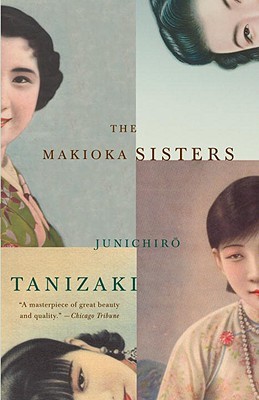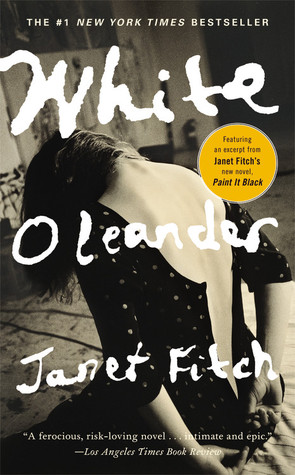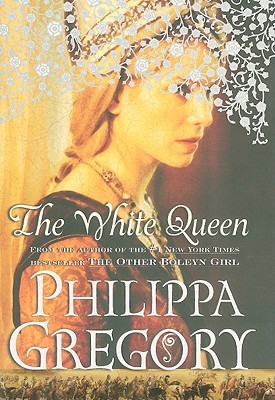The four Makioka sisters struggle with love and marriage in the early 1940s in Osaka.
My thoughts
It's a little simplistic to describe The Makioka Sisters as "Pride and Prejudice set in Japan," but it's not completely off the mark. Of the four Makioka sisters, two of them are already married; when the book starts they're trying to find a suitable groom for the third sister, Yukiko. Meanwhile, the fourth sister, who can't get married until Yukiko does, pursues love and career on her own terms.
It's a long book - more than 500 pages - I was really able to get a feel for the characters. I especially related to Taeko, the youngest sister, because she's the most modern. She falls in love with two different men and goes into business for herself - definitely not the path a traditional young Japanese woman was expected to follow. Tanizaki does well with the subtle tension between Tsuruko, the oldest sister, and her younger sisters. Tsuruko and her husband are technically the heads of the family, but they live in Tokyo and are physically and figuratively out of touch with the rest of the family. Tanizaki depicts both the affection and the wariness in the sisters' relationship.
I was also interested to see European characters in this book. The Makiokas' neighbors are German, some acquaintances are Russian (one of them is named Vronsky, a little shout-out to Anna Karenina), and Taeko takes French lessons and considers traveling to France at one point.
Bottom line
Interesting and insightful. I'd like to read more of Tanizaki's works.
Fine print
The Makioka Sisters, by Junichiro Tanizaki
Genre: fiction, foreign literature
Photo from Goodreads
I borrowed this book from the library.




